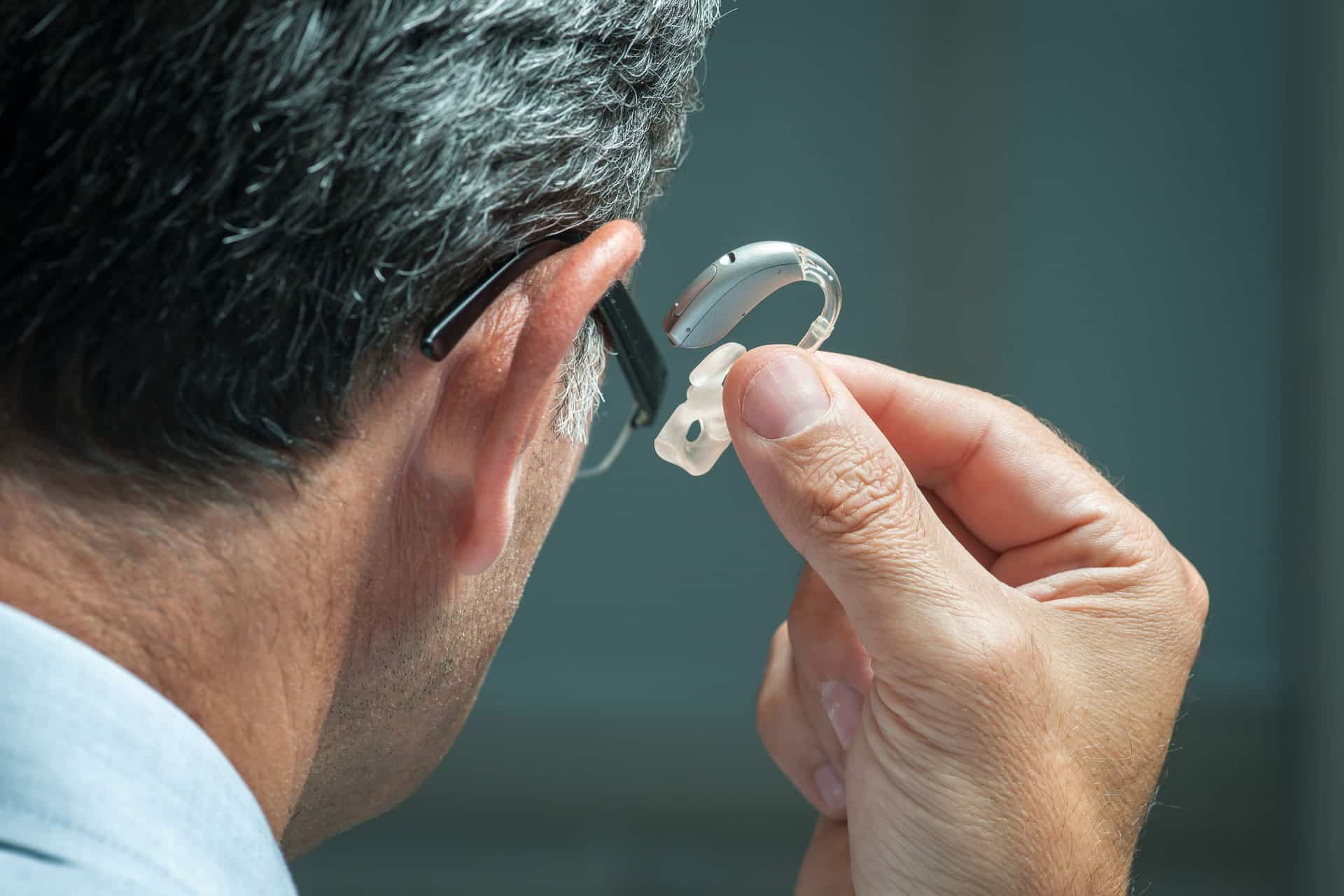Delivery in 2-3 working days
Earache: causes and treatment
Causes of earache
Ear canal inflammation
Otitis media
Another common cause is inflammation of the middle ear, also known as otitis media.
media. This occurs when fluid builds up in the middle ear
and causes an infection. The middle ear is the area
behind the eardrum and contains the ossicles that are necessary for hearing.
necessary for hearing.
Upper respiratory tract infections
Eustachian tube problems
Symptoms of earache
Symptoms of ear pain can vary depending on the cause, but the most common are:
- Sharp or pulling pain in the ear
- Feeling of pressure or fullness in the ear
- Hearing loss
- Fever
- Ringing in the ears, such as a ringing or buzzing sound
- Discharge from the ear
- Swelling and redness of the auricle or ear canal
Earache treatment
Medical treatment of earache
Home remedy for earache
There are also some home remedies that can help with earaches. Here are some suggestions:
- Warm compresses: Placing a warm compress on the painful ear can help relieve the pain.
- Olive oil: Drizzling a few drops of warm olive oil into the ear can help soften earwax and relieve pain.
- Garlic: Garlic has antibacterial properties and can help fight infections. Drizzling a few drops of garlic oil into the ear can help relieve pain.
Prevention of earache
There are some steps you can take to prevent earaches:
- Avoid inserting foreign objects into the ear, such as cotton swabs or hairpins.
- Avoid loud sounds and noise and wear hearing protection when in noisy environments.
- Keep your ears dry and clean. Think about the care of the ear canal
- Avoid smoking, as this can increase the risk of upper respiratory tract infections and middle ear infections.
Earache and hearing loss
Earache and hearing loss can often occur together
and in some cases, one complaint can cause the other.
cause the other. Inflammation in the ear, whether in the ear canal or the
middle ear, can cause swelling and a buildup of fluid, which may
which can make it difficult to hear. Conversely, can cause
Hearing loss, such as that caused by a permanent blockage of the
Eustachian tube or a buildup of earwax in the ear canal,
bacteria can multiply more easily and cause an infection, which in turn
which in turn causes pain. So if you find
that you are having ear pain and hearing problems at the same time, one could be
one is related to the other. It is important that you
see a doctor to find out the exact cause of your discomfort and to get
and receive appropriate treatment.



